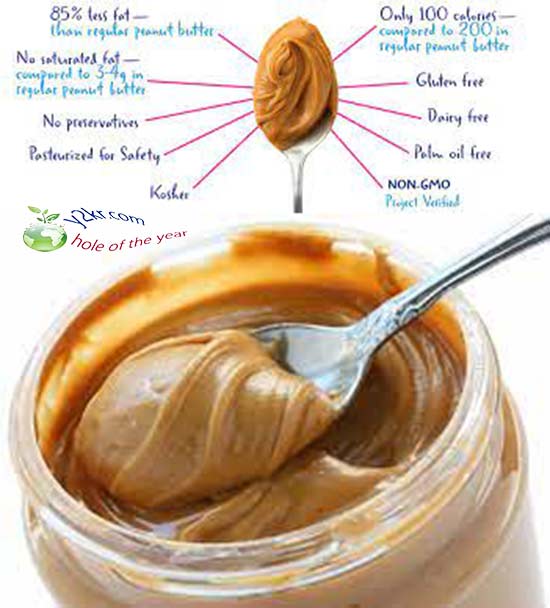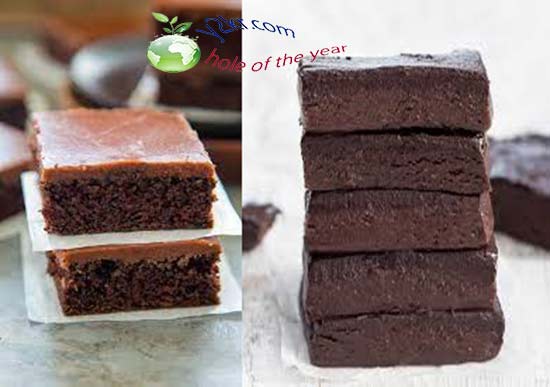How Much Does 5 Gallons of Water Weigh? Understanding the Weight and Importance
How Much Does 5 Gallons of Water Weigh? It may surprise you to know that the weight can vary between 41.7 lbs to 44 lbs, depending on factors such as temperature and salt content. While this may seem like a small difference, it becomes crucial when you need to pour 5 gallons of water over long distances.
The Significance of Knowing the Weight of 5 Gallons of Water

Pouring water over long distances requires precision, and understanding the exact weight of 5 gallons of water plays a vital role. Whether you’re involved in gardening, construction, or any other activity that involves transporting water, knowing the weight can help you plan and execute tasks efficiently. It allows you to estimate the physical effort required and ensure that you can handle the load comfortably.
An Easy-to-Follow Guide for Calculating the Weight
If you’ve ever wondered how to calculate the weight of 5 gallons of water accurately, you’re in luck. Our blog post provides a comprehensive and easy-to-follow guide that will help you determine the weight without any hassle. Say goodbye to uncertainty and never wonder about this seemingly obscure topic again. With our guide, you’ll have the knowledge and confidence to handle 5 gallons of water with ease, making your tasks more manageable and efficient.
Factors Affecting the Weight of Water
The Influence of Container Material on Water Weight
In addition to salt content and temperature, the material of the container holding the water can also affect its weight. Different materials have varying densities, which can impact the overall weight of the water. For example, if you use a container made of a heavy material like metal, it may contribute to a slightly higher weight of the water compared to a container made of lightweight plastic. Therefore, when calculating the weight of a given volume of water, it is important to consider the material of the container as well.
The Role of Atmospheric Pressure in Water Weight
Another factor that can influence the weight of water is atmospheric pressure. Atmospheric pressure refers to the force exerted by the Earth’s atmosphere on the surface of the water. Changes in atmospheric pressure can affect the weight of water, albeit to a minimal extent. However, for precise scientific measurements, adjustments may need to be made to account for variations in atmospheric pressure. It is worth noting that these adjustments are generally negligible for everyday calculations.
Measuring Water Weight for Specific Applications
The weight of water is a crucial consideration in various industries and applications. For example, in agriculture, knowing the weight of irrigation water is essential for proper crop hydration. In construction, the weight of water is a critical factor in designing structures and determining load capacities. Even in everyday life, understanding the weight of water is useful for activities like cooking and measuring ingredients accurately. Therefore, precise measurement techniques and instruments are employed in specific fields to determine the weight of water with precision.
The Factors Influencing the Weight of Water and the Importance of Accurate Measurement
The weight of water is influenced by several factors, including salt content, temperature, container material, and atmospheric pressure. Salt content increases the weight of water due to its higher density in comparison to fresh water. Temperature variations can cause slight changes in water weight, with colder water being denser and weighing more.
The material of the container holding the water can also affect its weight, with denser materials contributing to higher overall weights. While atmospheric pressure has a minimal impact on water weight, adjustments may be necessary for precise scientific measurements. Understanding the weight of water is essential in various industries and everyday activities, requiring accurate measurement techniques and instruments. By considering these factors, one can determine the weight of a given volume of water with greater accuracy.
The Impact of Freezing Water
When you freeze water, its density reduces and its weight is decreased as well. This means that when you measure how much 5 gallons of water weighs when frozen, the answer may be anywhere from 40.17 lbs to 42.5 lbs depending on salt content and other factors. Quickly and accurately with this chart. Knowing how much water you’re dealing with helps ensure precision when measuring out how much 5 gallons of water weighs—a helpful tool for any project that requires accuracy.
So, how much does 5 gallons of water weigh? It can weigh anywhere from 41.7 lbs to 44 lbs, depending on the temperature and how much salt it contains. With the help of this chart, you can easily convert how many gallons of water to how much weight—allowing for quick and accurate measurements no matter how much liquid you’re working with.
Alternative Uses for 5 Gallons of Water
Sometimes you might have 5 gallons of water on hand and be wondering how to best use it. Here are a few options to consider:
- Brew beer: Home brewing is an enjoyable pastime that involves combining malt, hops, yeast, and water together in the right proportions to create delicious craft beverages.
- Cook rice or pasta: Having 5 gallons of water on hand means you can easily make large batches of your favorite dishes with ease.
- Water a garden: Five gallons is just enough to give your plants the nourishment they need, and you won’t have to worry about running out before they’re fully hydrated.
Conversion to Other Units

Now, let’s explore how much 5 gallons of water weighs in grams and how to convert it to liters:
How Much Does 5 Gallons of Water Weigh in Grams?
A gallon of water tips the scales at around 8.33 pounds or 3.78 kilograms at room temperature. This means that 5 gallons of water weighs 41.73 pounds or 18.9 kg, which is equal to 18,905 grams in weight.
How to Convert 5 Gallons of Water to Liters
To convert 5 gallons of water to liters, simply multiply the number of gallons by 3.78. This will give you the equivalent in liters and reveal that 5 gallons of water is equal to 18.925 liters.
Weight of a 5-Gallon Plastic Container of Water
Have you ever wondered how much a 5-gallon plastic container of water weighs? Well, wonder no more. With a US gallon weighing in at 8.34 pounds-mass of water, a 5-gallon bottle of water would weigh a total of 41.7 pounds-force, and that’s not even including the weight of the bottle.
Is 5 Gallons of Water the Same as 16 Pounds?
Did you know that 5 gallons of water can weigh as much as 41.64 pounds? That’s a lot of weight for just a few jugs of water. It’s important to keep in mind the weight of liquids when transporting them or adding them to a container.
Does 5 Gallons of Water Weigh 4 kg?
Did you know that 5 gallons of water can weigh 18.93 kg at a specific temperature? And that 1 gallon equals 3.78541 liters, which in turn weighs 1 kilogram at the same temperature? It’s fascinating how much we can learn about everyday items when we dig a little deeper.
Is 5 Gallons of Water Equal to 1 Liter?
Have you ever wondered about the conversion between gallons and liters? It’s interesting to note that pouring five gallons of water into a container actually amounts to approximately 18.92705 liters. In the United States, this quantity is equivalent to around 38.40024 liquid quarts.
The Significance of Understanding Water Measurements
Understanding the weight and volume measurements of water can prove to be quite beneficial in various situations. Whether you are engaged in home projects, cooking, or simply seeking to satisfy your curiosity, knowing the conversion between gallons and liters can be incredibly useful.
Now that you possess a comprehensive understanding of the weight of 5 gallons of water, as well as how to convert it to grams and liters, you can confidently tackle any task or calculation involving this particular quantity. Armed with this knowledge, you can embark on your projects and activities with precision and accuracy.










